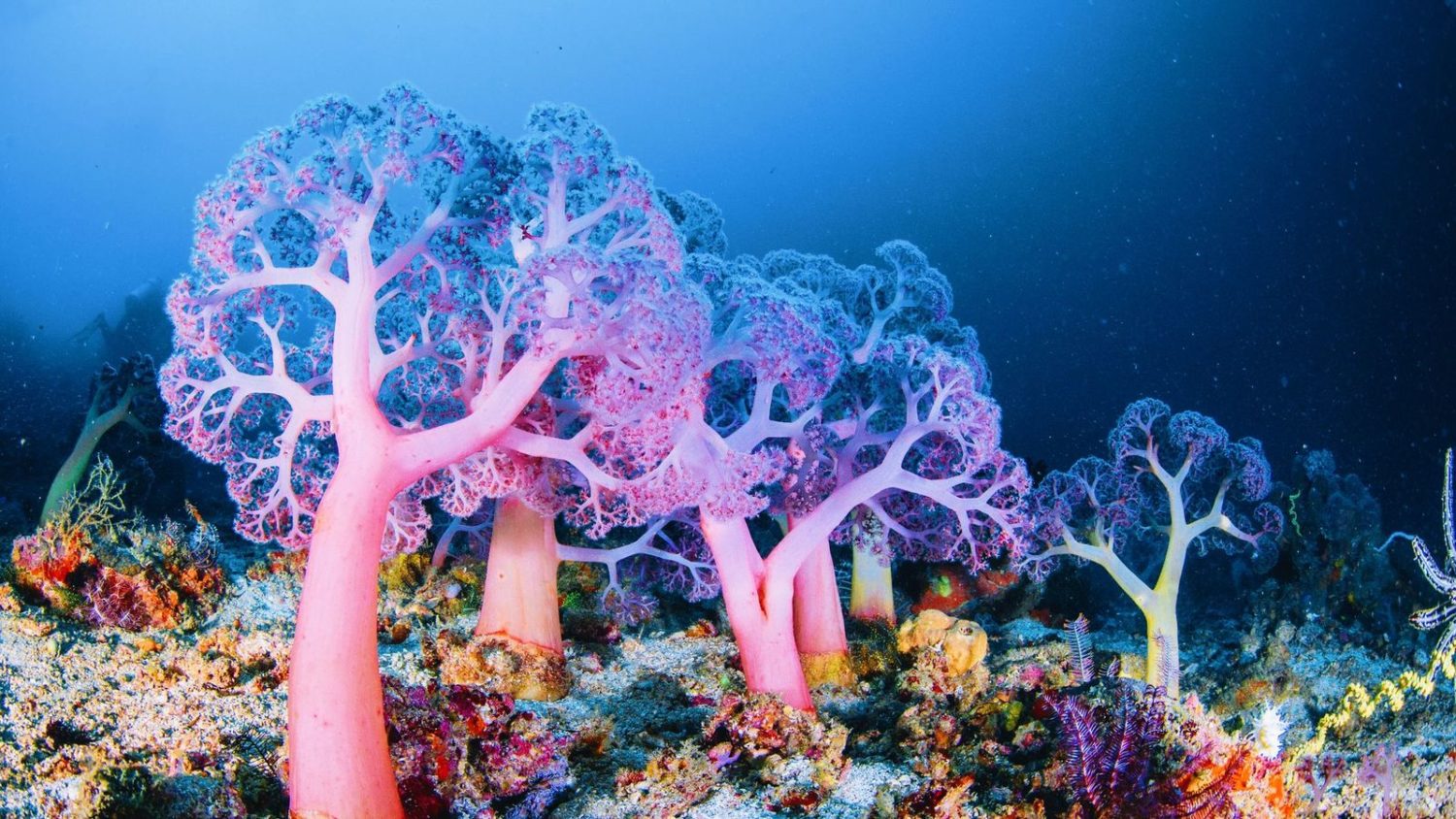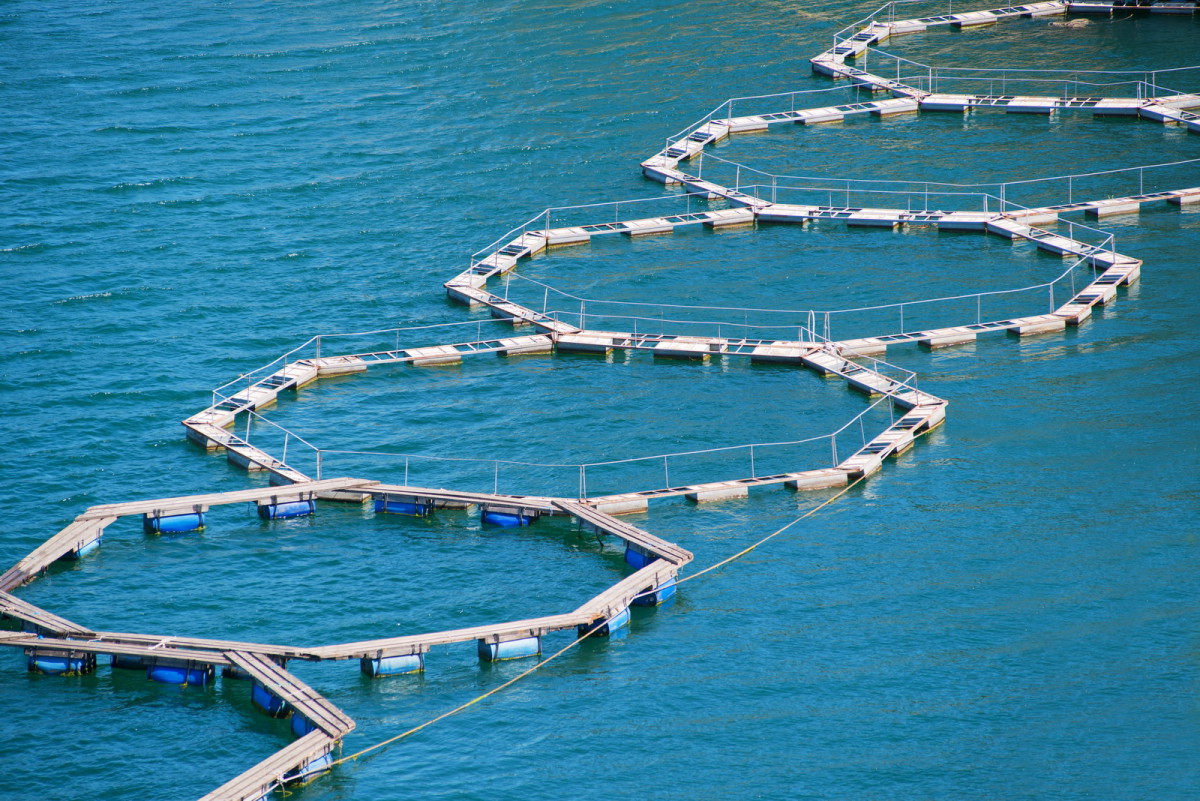

Sustainable fishing practices are essential for maintaining healthy marine ecosystems and ensuring that fish populations remain abundant for future generations. This approach seeks to balance the ecological health of marine environments with the economic needs of fishing communities.
Sustainable fishing aims to maintain the ecological balance of marine ecosystems. This includes ensuring that fish stocks are harvested at levels that do not exceed their capacity to regenerate and maintaining the health of marine habitats.
Bycatch refers to non-target species that are unintentionally caught during fishing operations. Sustainable fishing practices focus on reducing bycatch through the use of selective fishing gear and techniques to minimize the impact on non-target species.

Protecting marine habitats such as coral reefs, mangroves, and seagrass beds is crucial for sustaining fish populations and overall marine health. Sustainable fishing practices include measures to avoid damaging these important ecosystems.

Sustainable fishing helps preserve biodiversity and maintain healthy marine ecosystems. By managing fish stocks and protecting habitats, it supports the overall health and resilience of the ocean.
Fishing communities benefit from sustainable practices through the long-term stability of fish stocks and healthier ecosystems. Sustainable fishing can provide a steady income for fishers while ensuring that resources are available for future generations.

Sustainable fishing practices promote social equity and improve the well-being of fishing communities. By involving local stakeholders in decision-making and promoting fair practices, it supports the social fabric of coastal regions.
Overfishing remains a significant challenge, depleting fish stocks and disrupting ecosystems. Solutions include implementing and enforcing catch limits, improving fisheries management, and promoting responsible fishing practices.
Illegal, unreported, and unregulated (IUU) fishing undermines conservation efforts and threatens marine resources. Addressing this issue requires improved monitoring, enforcement, and international cooperation.
Climate change impacts marine ecosystems and fish populations through altered water temperatures and acidification. Adaptation strategies include adjusting fishing practices, protecting vulnerable species, and mitigating climate change effects.
